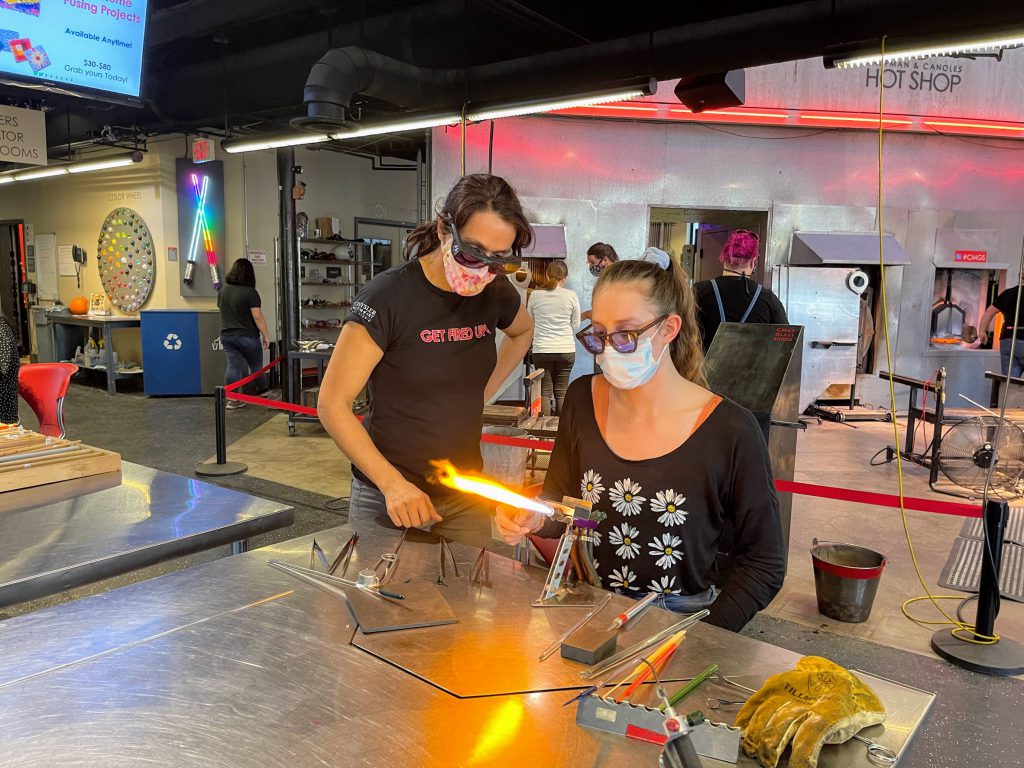Health concern arises in midst of mold discovery in residence halls
The discovery of what could be black mold has incited the arise of safety concerns among students as well as parents.
Vice President for Student Affairs Keith Moore said the college has yet to determine whether this mold does indeed pose any risk to student health. They first have to determine the nature of the mold as true black mold opposed to mold that is black.The difference between the two is that black mold has close links to harmful mycotoxins. This is not the case with mold that is black. Engineers have given the mold an initial look and may be returning to campus to reassess the situation.
The mold has currently not moved beyond two residence halls, one of which is Smithdeal, and most of it is found primarily around air vents and windows.
According to Moore, members of the Residence Life and Physical Plant staff are working diligently to address the mold. Robert Levinsky, head of the maintenance staff, is a leader in efforts to eliminate signs of mold and ensure student’s safety. EPA requirements are being followed in all mold-related cases. Bleach solutions, primer and paint treat the spread of the mold.
Moore attributed the cause of the mold to the quantity of rain Hampton Roads received this season.
“Being here for 17 years, we haven’t had a wetter fall,” Moore said.
This theory is supported by the fact that other local institutions, including Norfolk State University, have also experienced problems with mold.
On the bright side, Moore said he did not foresee this being an ongoing problem and believes the switch from air conditioning to heat in residence halls will make a large difference because it will make for a dryer environment. All signs of mold should be reported and students should ensure that their windows are not ajar, Moore said.
An Oct. 14 email from Assistant Director of Residence Life Ashley Jones said workers would be doing “continued maintenance regarding the mold issues our buildings have been addressing.”
Ashley Kline
aakline@vwc.edu
(Photo: Breanna Patron | Courtesy)

